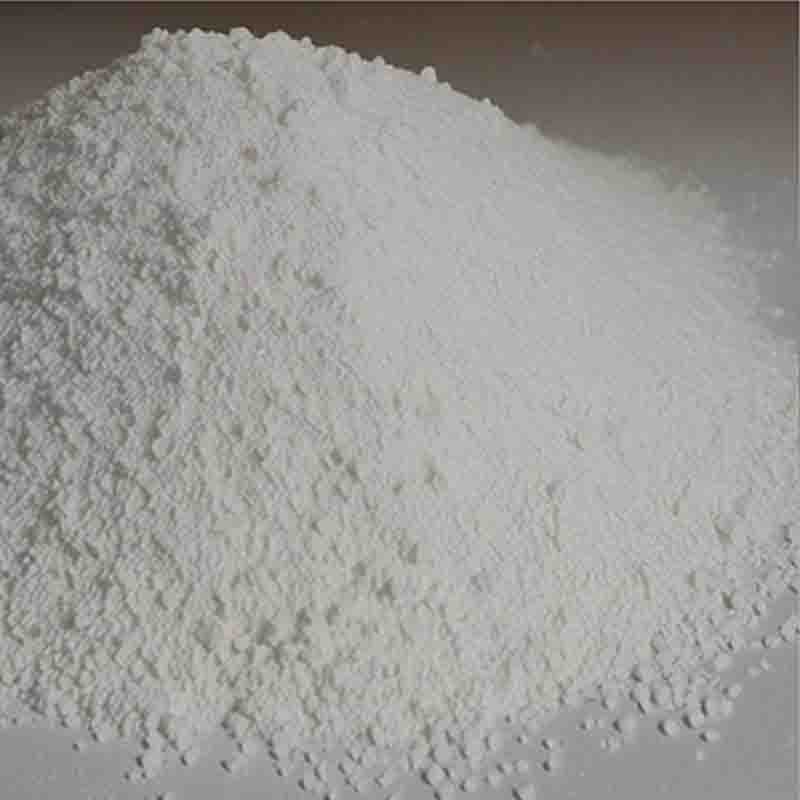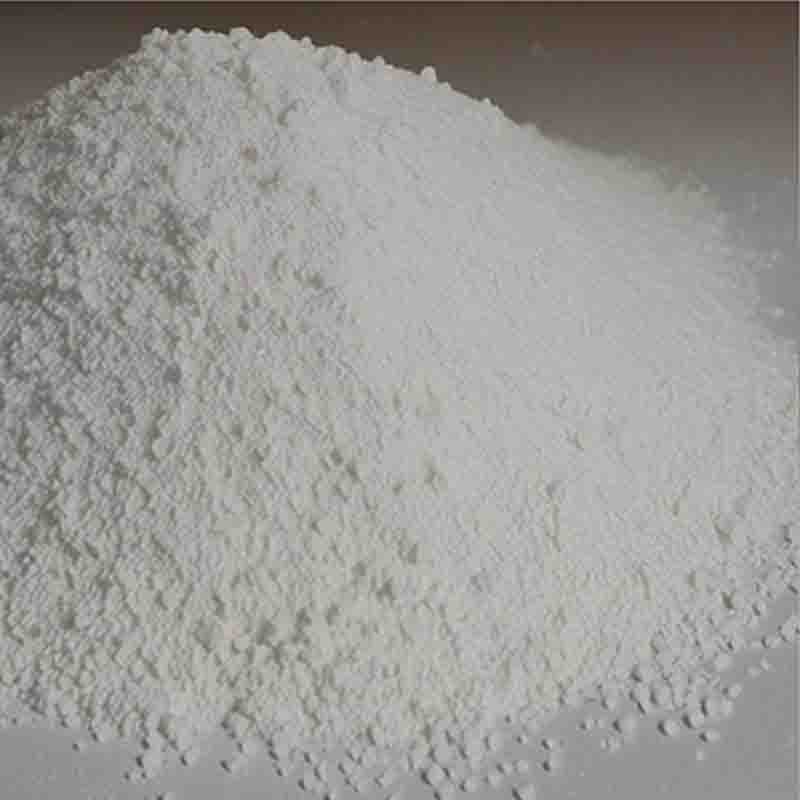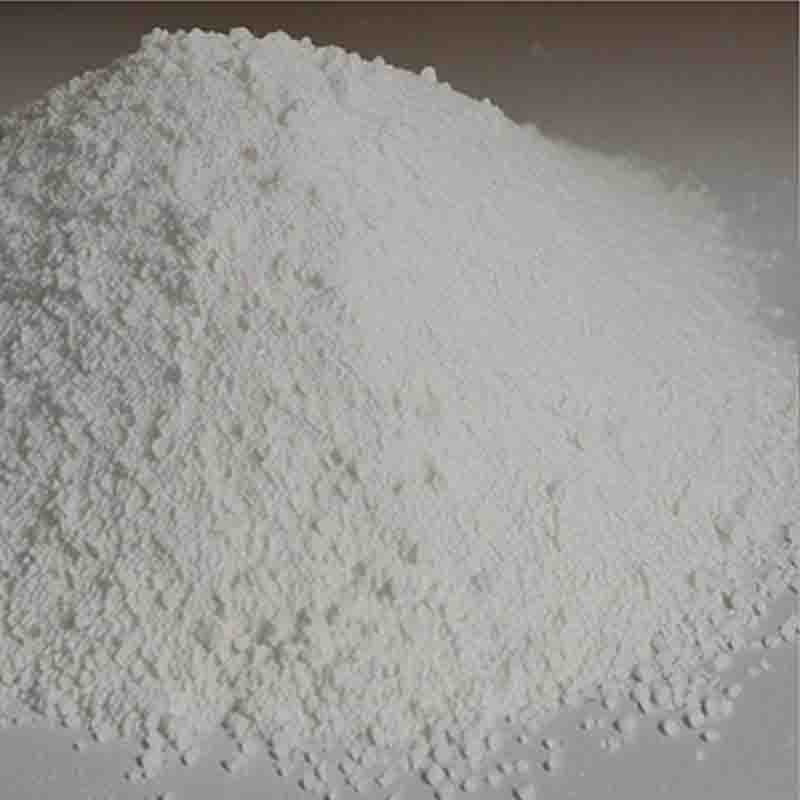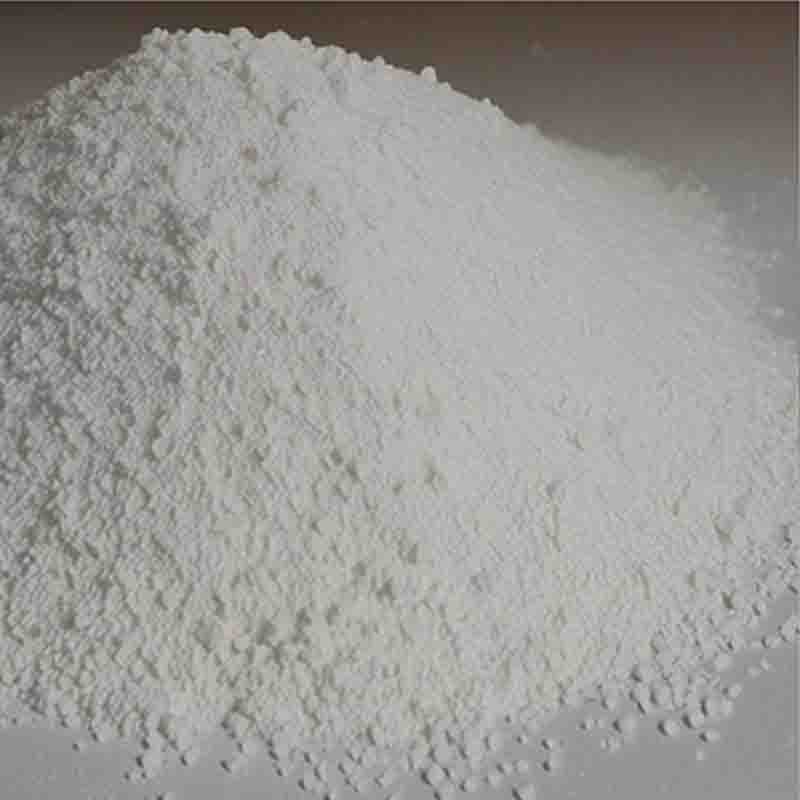Ruthenium(III)chloride CAS:10049-08-8
| Catalog Number | XD95576 |
| Product Name | Ruthenium(III)chloride |
| CAS | 10049-08-8 |
| Molecular Formula | Cl3Ru |
| Molecular Weight | 207.43 |
| Storage Details | Ambient |
Product Specification
| Appearance | White powder |
| Assay | 99% min |
Ruthenium(III) chloride, also known as ruthenium trichloride or RuCl3, is a compound that contains the transition metal ruthenium. It exhibits several effects and applications, which we will explore below.One significant effect of ruthenium(III) chloride is its use as a catalyst in various chemical reactions. Ruthenium catalysts have been extensively studied and have shown excellent catalytic activity and selectivity in numerous transformations, such as hydrogenation, oxidation, and cross-coupling reactions. Ruthenium(III) chloride can be used as a precursor to prepare ruthenium catalysts or incorporated directly into catalytic systems. Its catalytic properties make it valuable in synthetic chemistry for the production of pharmaceuticals, fine chemicals, and specialty materials.Furthermore, ruthenium(III) chloride is employed in the preparation of other ruthenium-containing complexes. By reacting ruthenium(III) chloride with different ligands or reagents, a variety of ruthenium complexes with unique structures and properties can be obtained. These complexes often exhibit interesting electronic, optical, and magnetic properties, making them useful in various applications, such as catalysis, sensing, and electronics.Another notable effect of ruthenium(III) chloride is its involvement in the field of electrochemistry. Ruthenium-based materials are known to possess excellent electrochemical properties, high stability, and good redox behavior. Ruthenium(III) chloride can serve as a precursor for the fabrication of ruthenium-based electrodes and catalysts in electrochemical devices, such as fuel cells and supercapacitors. Its utilization in these applications contributes to the development of sustainable energy conversion and storage technologies.Moreover, ruthenium(III) chloride and its complexes have been investigated for their potential in biomedical applications. Some ruthenium complexes have shown promising anticancer activity, making them potential candidates for chemotherapy. These complexes exhibit unique coordination geometries and reactivity, which allow for the design and development of targeted anticancer agents.In conclusion, ruthenium(III) chloride exhibits several effects and applications. Its role as a catalyst, its involvement in complex synthesis, its electrochemical properties, and its potential in biomedical applications highlight its versatility and importance in various fields. Further research and exploration of the properties and applications of ruthenium(III) chloride can lead to advancements in catalysis, materials science, energy technologies, and medicine.









